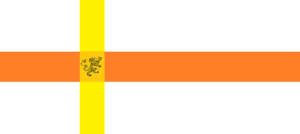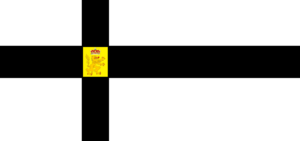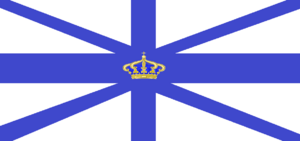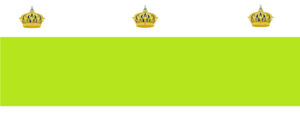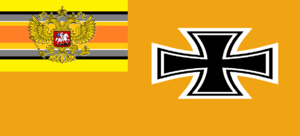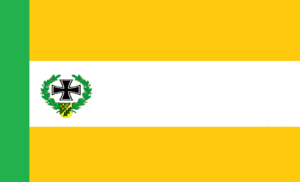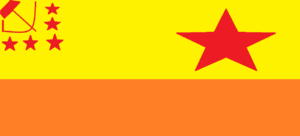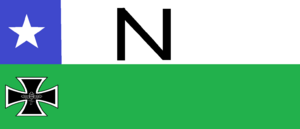History of Normandia.
The History of Normandia: A Legacy of Language, War, and Survival
The history of Normandia is one of the most complex and fascinating tales in human civilization. It is a story of migration, linguistic evolution, war, and national rebirth.
🏛️ Origins (1500 BC – 9 AD)
Human settlement first reached the European continent around 1500 BC. Among these early settlers were people who began developing their own languages to communicate. One of the earliest structured languages was called Nurveus.
The speakers of Nurveus expanded northward and eventually settled in the region known as Sunland. However, by 455 BC, devastating forest fires forced them to evacuate. By 9 AD, they resettled in the northern territory of present-day Estonia, in a place called Võsu.
🗣️ The Birth of Language Families (12 AD – 57 AD)
In 12 AD, a group known as the Norveus people—speakers of a language closely related to Nurveus—arrived in Võsu. Although their languages were slightly different, they could understand each other to some extent.
By 57 AD, these communities united their languages into a new one called Nourveus. Though they still spoke Nurveus and Norveus, Nourveus became the dominant, unifying language.
🧬 The Expansion of the Language Family (332 AD – 556 AD)
More linguistic relatives arrived over time, including speakers of:
Norvandian
Norss
Norse
Then, in 556 AD, the final group arrived: the Normvandians, believed to be descendants of Norman Vikings. These groups formed what became known as the Nourveus Language Family. Around this time, they also created a unified religion called JAAN.
⚔️ The Crusader War (1227 – 1347)
From 1227 to 1347, the Nourveus peoples faced an invasion by Christian Crusaders—a conflict that lasted 120 years.
The Norse, Norss, and Norvmandian armies fought valiantly.
In 1283, the infamous Battle of a Hundred Thousand Arrows resulted in over 1 million Nourveus casualties.
The Crusaders later introduced stone cannons, forcing more retreats.
From 1343 to 1347, the final battles were fought, including cavalry attacks using long spikes.
Eventually, the Nourveus peoples were defeated. Many were tortured, and their lands were occupied.
The victors formed a Christian state called the Noürveus Confederate State, forcing the people to adopt German as their only language.
👑 Occupations and Rise of Normandian Language (1347 – 1667)
From 1347 to 1553, the region was under the Kingdom of Flürenn. Then, in 1553, the land was sold to the Kingdom of Glorpoten for 500,000 gold coins.
The Glorpotens enslaved the Nourveus people and built Christian churches. By the 1600s, the Nourveus language split:
One half evolved into Normandian.
The other retained the original Nourveus roots.
Thus, Normandian was born.
🪖 Slavic Empire and Global Wars (1693 – 1920)
In 1693, the Slavic Empire defeated Glorpoten and took control of the territory until 1919. Their rule was brutal:
Many Nourveus men were forced into military service.
By the 1800s, the Slavic Empire developed bolt-action rifles and fought in multiple wars.
In 1811, the Nourveus soldiers earned medals of honor fighting against the Kingdom of Frlankein.
During World War I (1914–1918), the Slavic Empire fought as a Central Power but lost. The defeat led to the Slavic Revolution (1918–1920).
🕊️ Independence and the GSSR Era (1920 – 2023)
In 1920, the Nourveus peoples declared independence, forming the Republic of Norvandia.
But in 1923, the GSSR (Germanie Soviet Socialist Republic) took control:
Nourveus citizens were forced into labor.
Only German and Slavic were allowed.
Over 1 million people were executed for disobedience.
With help from Eicheland, a revolution overthrew the GSSR in 2023, restoring independence as the Democratic Republic of Normandia.
⚔️ Modern Wars and Civil Conflict (2023 – Present)
Shortly after independence:
Antonland tried to manipulate Normandia but betrayed them.
Normandia allied with Eicheland and won a regional war.
On June 1st, 2024, a civil war broke out between the Federalists and the Democrats.
After three days of fighting, the Democratic Army bombed the parliament on June 4th, ending the war and establishing the Liberal Republic of Normandia.
Later, on July 15th, 2024, the country became the Federal Republic of Normandia.
🛡️ Present Day and Global Impact
Today, Normandia is a proud, free nation:
It is a founding member of the RLTO (Regional Liberty Treaty Organization).
It continues to fight naval battles against the NASI Army.
Normandia is known for its military, inventions, and cultural resilience.
🇳🇴 Final Words
From ancient settlers and evolving languages to war, occupation, and revolution—Normandia has endured it all.
Its people, culture, and languages have survived centuries of conflict and remain strong to this day.
Thank you for reading.
Reality Modern History of Normandia (2010-2024)
kingdom of glorpoten: 2010-2014
Slavic empire: 2014-2022
Republic of Norvandia: 2022 June 13th to June 17th
under GSSR rule: 2022-2023
Democratic Republic of Normandia: independence November 27th 2023
civil war: June 1st to June 4th 2024
Liberal Republic of Normandia: won the civil war on June 4th 2024
Federal Republic of Normandia: changed flag in July 15th 2024 into orange flag.
